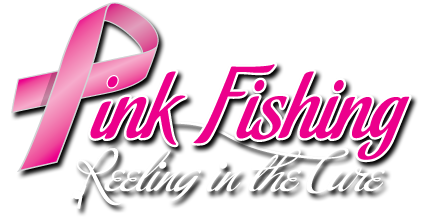I would like to share our story – a story of how Bayleigh redeveloped my strength & purpose.
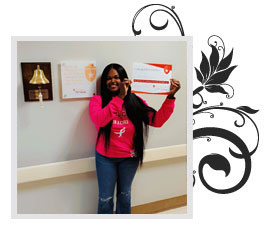
I still remember the day I saw the word “triple-negative” on my pathology report—as if my world narrowed down to those two small words. I was eight weeks pregnant, cradling my blossoming belly with one hand and the crumpled letter from my oncologist with the other. My daughter, already growing inside me, and I had just been handed the most frightening diagnosis of our lives: triple-negative breast cancer.
My OBGYN and oncologist sat in uncomfortable proximity, trying—and failing—to find common ground. My obstetrician worried aloud about chemotherapy’s effects on my baby’s development; my oncologist insisted that immediate treatment was essential to stop an aggressive cancer. I felt torn between two helpless professionals whose charts and scalpels I trusted implicitly—and between two lives I loved equally.
In the end, we made a plan: I would begin “pregnancy-safe” chemotherapy at 12 weeks gestation, with close fetal monitoring at every cycle. I recall the first infusion day vividly: reclining in the chemo chair, they draped a warm blanket over my bump. My daughter’s heartbeat hummed through the Doppler monitor as the drugs pumped through my veins, a tiny warrior cheering me on inside.
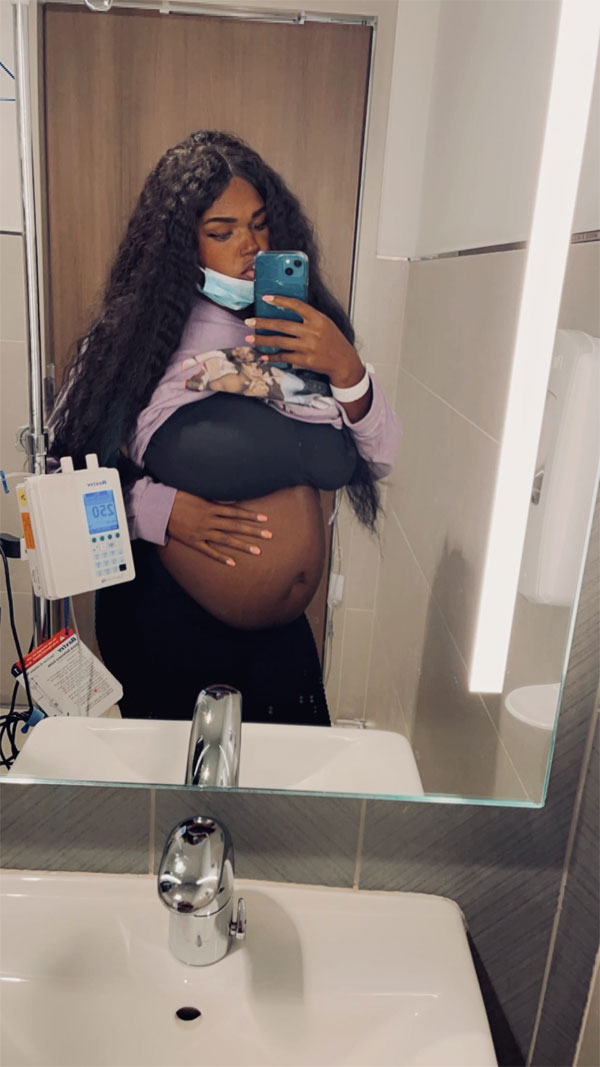
The Rough Road of Chemotherapy While Pregnant
Chemotherapy in pregnancy isn’t a neatly mapped journey.
- Morning sickness vs. chemo nausea:Some days the waves of sickness overlapped until I couldn’t tell which was pregnancy and which was chemo.
- Bone pain and exhaustion:My legs ached so badly it felt like I was walking on splinters, and I’d fall asleep at my desk—dreaming of a future I wasn’t sure I’d reach.
- Emotional toll:Every ultrasound brought both joy and dread. Seeing her tiny hands and feet kick on the screen only deepened my resolve, but also my fear: Would she ever actually hold my hand?
Through it all, I leaned on a small network of family and friends , survivors at the SLEWS Cancer Center in SA, other community resources and virtual support groups, meeting women who’d marched through similar battles.
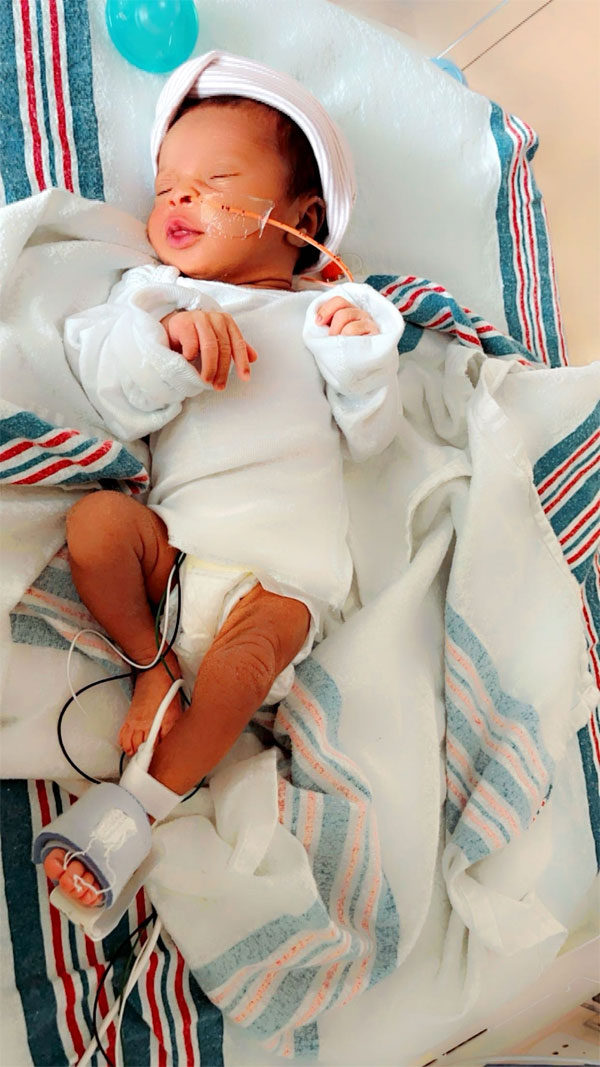
Birth and the Postpartum Race to Finish Treatment
When my daughter arrived—early, at 34weeks weighing only 3 pounds —my heart swelled in a way I never knew possible. Tiny and perfect, she fit in the palm of my hand, and the world momentarily stood still. But there was no time to bask in miracle. My oncologist was waiting with orders: finish the final cycles of chemotherapy and then prepare for surgery and radiation.
That’s when the next layer of difficulty began. I had just delivered Bayleigh less than 30days ago and now I was scheduled for my lumpectomy surgery . My body, already taxed from 7 months of pregnancy and chemo, felt like it might finally break.
My experience after surgery made it impossible for me to completely bond with my daughter. Holding Bayleigh seemed impossible for long periods of time as my arm would completely go numb.
Radiation required daily trips to the hospital—each session leaving my chest raw and my spirits rawer. I’d cradle my baby in one arm, my treated side pressed against the cold table, tears blurring her cooing face as I tried to imagine warmth instead of a focused beam burning through me.
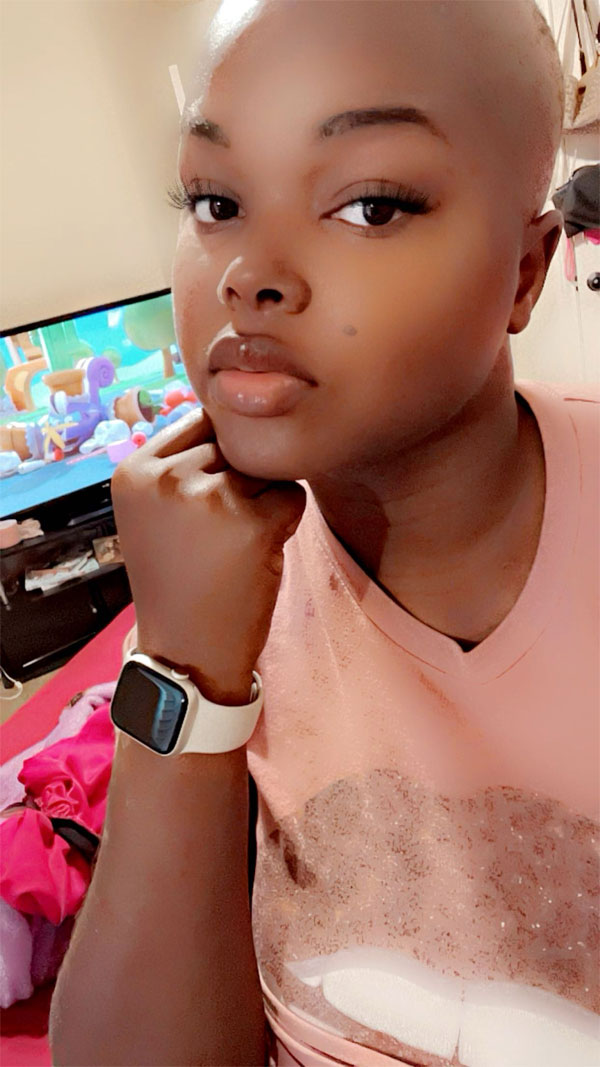
Navigating Provider Conflicts and Systemic Hurdles
It wasn’t just biology I was up against—it was a healthcare system still sorting out how to treat two patients at once. My OBGYN fretted over my milk supply; my oncologist pushed me to start radiation “as soon as possible.” Appointments collided; lab results got lost; protocols differed by a letter or two in their textbooks. I became my own fiercest advocate, juggling calls, insisting on multidisciplinary meetings, and sometimes just planting myself in the corridor until the two doctors agreed on a plan.
The Unseen Battles and Small Victories
There were days I couldn’t lift my daughter without wincing. There were nights I’d lie awake, haunted by phantom aches and the thought that I might never see her graduate high school. Yet , there were also mornings when she’d launch herself into my arms, her laughter echoing louder than any doubt. Each giggle was a victory over fear; each healed incision was proof that I could endure.
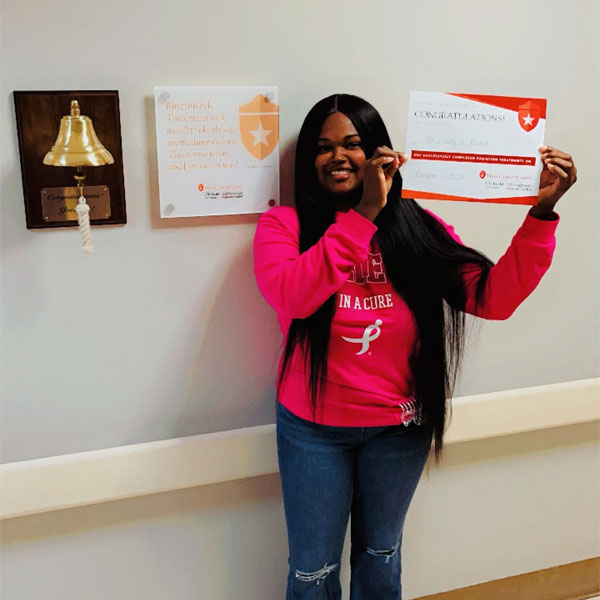
Today: From Survivor to Advocate
Now, cancer is nearly behind me after my last round of chemotherapy pills -but the experience lives on. I founded the Pain and Fierce Foundation so no woman facing pregnancy and breast cancer has to feel so alone, so pulled in two directions. We provide:
- Coordinated care navigation, so OBGYNs and oncologists talk toeach other, not at each other.
- Emotional and peer support, so mothers can share tips on pain management and pumping at dawn.
- Financial resources for assistance-for travel and childcare, so treatment schedules don’t become impossible puzzles.
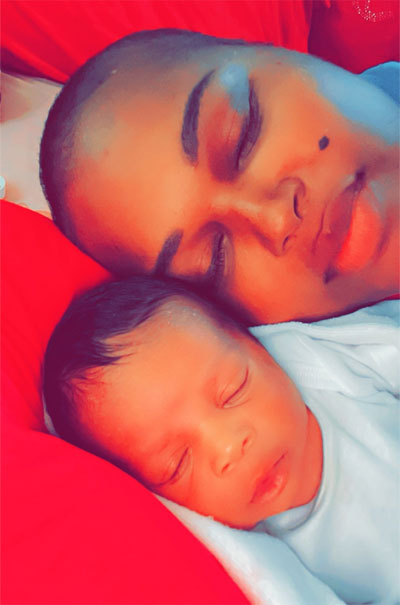
My daughter will turn 1 next month -her tiny hand still fits in mine—and every day she reminds me why “fierce” isn’t just a slogan, but a legacy I hope to pass on: the ferocity to fight for your life, the love that lights the darkest path, and the courage to transform pain into purpose
